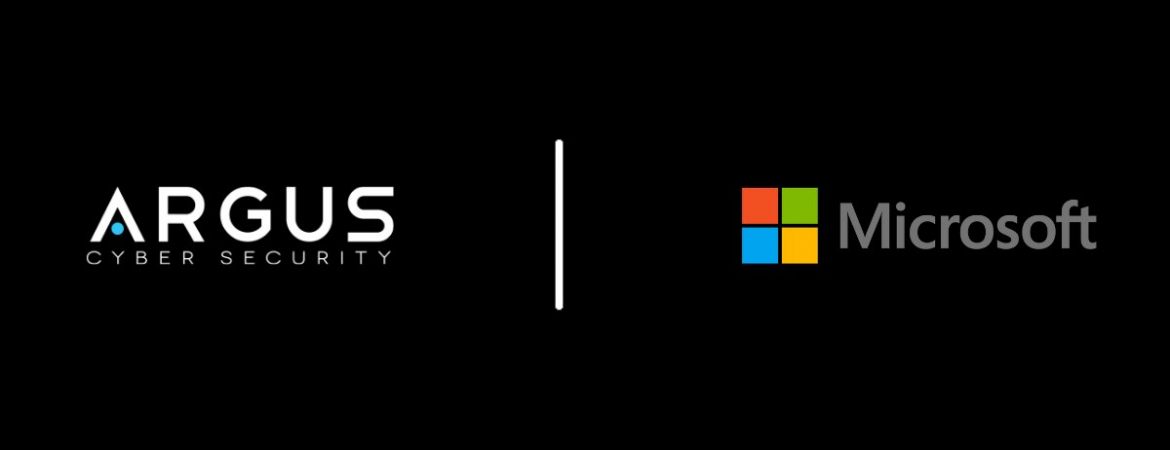
Cyber security: Microsoft Argus
Last year Microsoft unveiled a blockchain-based anti-piracy technology to bolster anti-piracy campaigns.
What is it?
Argus is the name given to the platform designed by scientists at Microsoft, Alibaba, and Carnegie Mellon University. This platform is based on the transparency aspect of the Ethereum blockchain technology to pay rewards to those who incriminate people or entities that sell or distribute pirated products: tapes, songs, software, video games, etcetera.
How does it work?
The platform works with a trustless incentive mechanism while safeguarding the data collected anonymously, thus generating more transparency, stability, and economic incentives to informants of content or products that remain pirated on the network.
Most cryptocurrencies use blockchain, and several use the blockchain network of other currencies.
The blockchain is practically impossible to hack since to do so would require parallel hacking of all the devices connected to the network. For this reason, it is not only used in cryptocurrencies, but also in banking stability, business, or NFT.
Advantages
Argus makes it possible to trace hacked content back to the source with a watermarking algorithm, furthermore, each filtered content report involves an information hiding method.
The system has safeguards that decrease the incentive for a whistleblower to report the same filtered content under different accounts.
Another advantage of using Ethereum’s blockchain network is that the maintenance of the entire infrastructure is quite low, and the anonymity would encourage more people to report.
Conclusion
Microsoft claims that Argus could be a big game changer; not only in the battle against piracy but also as a solution to the challenges that centralized systems have been trying to solve until now.

Leave A Comment